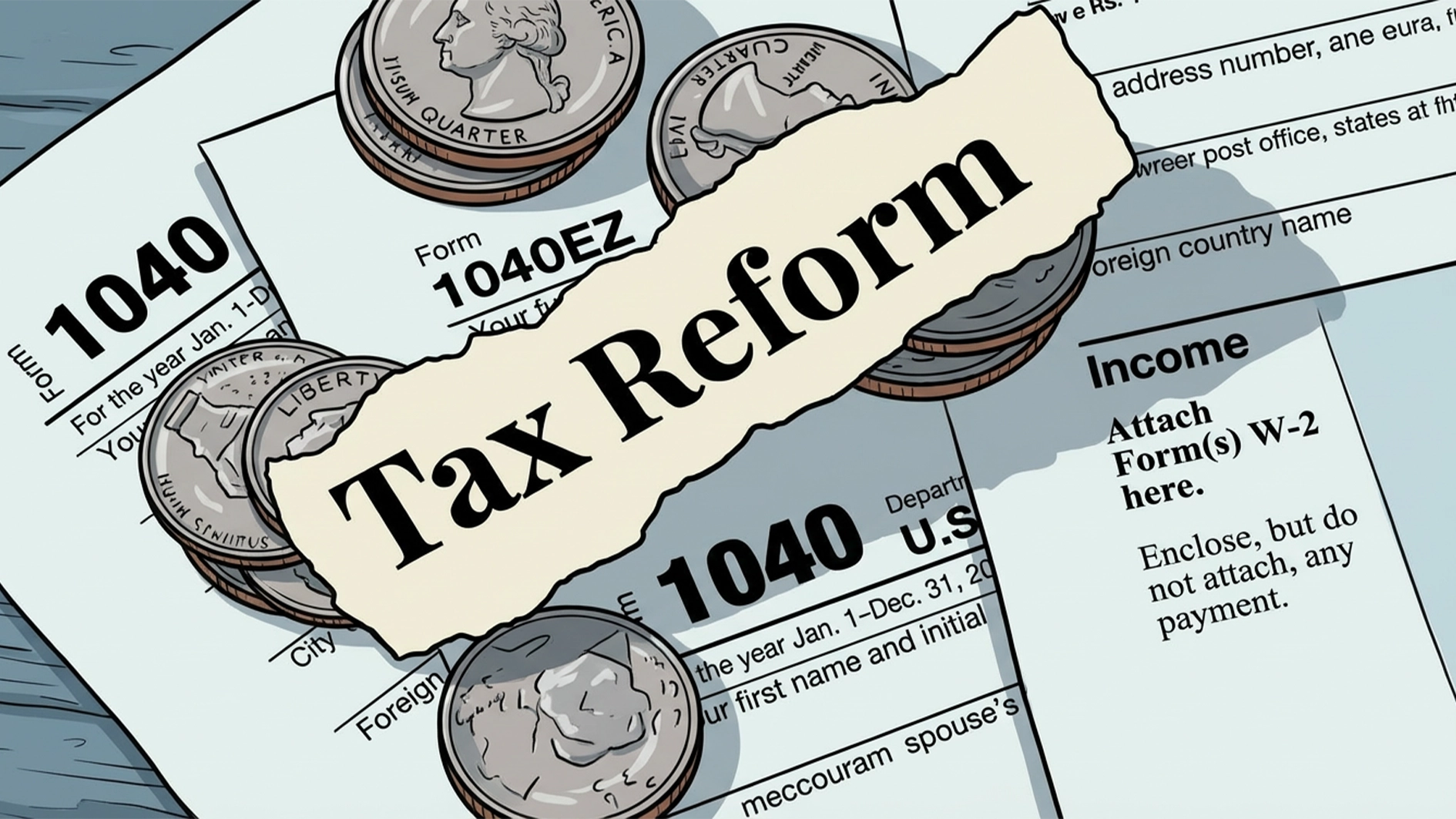
The manufacturing sector and household users of electricity in the country can significantly reduce energy consumption, improve productivity and profitability, reduce pollution and cost of goods if adoption of energy efficiency is prioritized.
With the development, energy experts, who gathered in Abuja, at an event organised by the Nigerian Energy Support Programme (NESP) linked the dismal contribution of the manufacturing sector to the nation’s Gross Domestic Product (GDP) to energy challenges.
They insisted that while the over 2,800 manufacturing companies scattered across 10 sectorial groups in the country contributed less than 4 per cent to the GDP, about 80 per cent of them rely on diesel and gas generators, which account for over 40 per cent of their total production cost.
While about 30 engineers from various manufacturing and energy service companies and another 20 experts from the Standard Organisation of Nigeria (SON) were trained on energy efficiency under an Energy Efficiency Networks (EEN) aimed at developing the technical capacity of energy managers to independently carry out energy audit in their production facilities, the stakeholders said there was need for energy efficiency department across organisations in the country.
Permanent Secretary, Ministry of Power, Chinyeaka Christian Ohaa said in light of tariff increase in the country, adopting energy efficiency would not only reduce cost of production for manufacturers but reduce by 50 per cent the level of household consumption.
Ohaa, who was represented by the ministry’s Deputy Director, Renewable and Rural Power Access Department, Ali Abubakar said there was a need for energy to become affordable to end users.
He said increasing numbers of certified energy auditors would help the country reduce cost, waste and mitigate climate change.
The Director-General of the Energy Commission of Nigeria, Prof. Eli Jidere Bala said the country still has huge capacity gaps in energy efficiency, adding that there was a need for public and private organisations to create energy efficiency departments to reduce cost and improve quality service to end users.
Bala said awareness and technology remained critical for paradigm in the adoption of energy efficiency in the country, stressing that the Federal Government has been working on a policy direction to ensure adoption of energy efficiency.
Bala, who was represented by Sulu Ibrahim, Director, Energy Management at the commission said: “We should consolidate on what we have started. We can organise short courses energy auditors at the National Power Training Institute and the National Centre for Energy Conservation. This way we can bridge the capacity gap.”
Head of Programme, NESP, Duke Benjamin said the trained energy auditors would in the coming months train others as part of measures to increase the number in Nigeria.
With such efforts, he noted that the manufacturing companies would reduce their energy footprint and energy consumption, thereby saving money.
Benjamin said: “That plays into their competence or reduction of production costs in the country, and that will ultimately make Nigerian companies more competitive with other companies across the world.”






